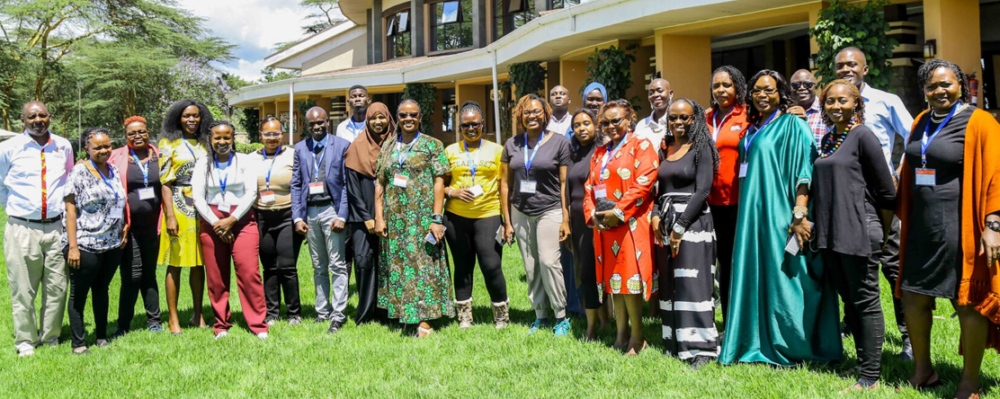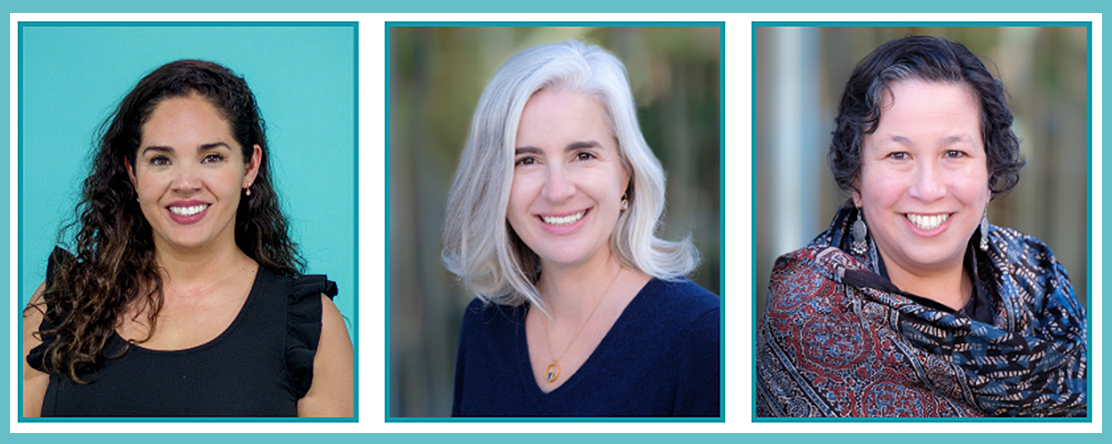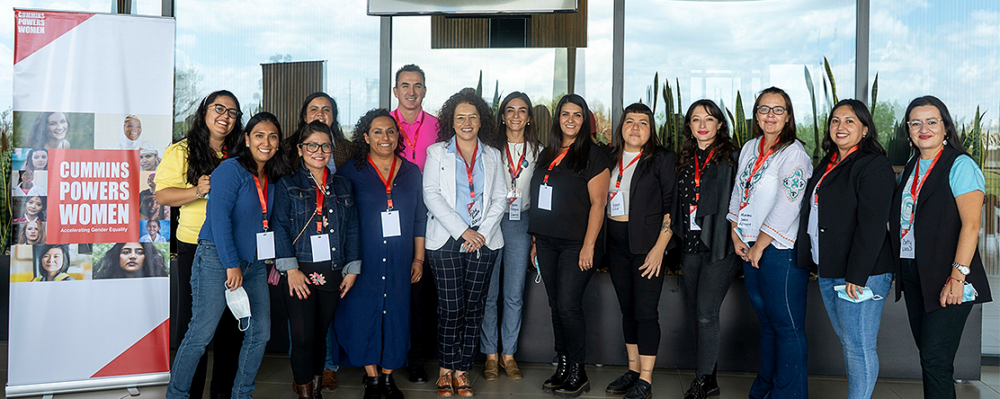
Local Leaders Have the Solutions: Why Aren’t We Funding Them?
- Denise Raquel Dunning, PhD, MPA
- Josie Ramos, MA
- Alejandra García Muñiz
-
Focus Areas
Capacity Building & Leadership, Women, Youth & Children -
Issues
Reproductive & Sexual Health -
Expertise
Leadership Development -
Programs
Rise Up

Lucy was born with a motor disability and uses a wheelchair. She grew up in a small community outside San Luis Potosí in Mexico and is the youngest of 10 children. For most of her life, Lucy rarely left her house, feared for her future, and did not think she could ever live independently.
Lucy’s life completely changed when she joined Juntos, a local organization that created a workplace inclusion program for women with disabilities. She has now been employed for the last five years as a production operator at a local pump manufacturer, earning the steady income she needs to pay her own medical bills and help her family become more economically stable.
None of this would have been possible without Alejandra García Muñiz, Juntos’ Operations Director. In 2018, Muñiz partnered with Rise Up, a US-based intermediary organization that provides training and funding to local organizations, to advocate for passage of a disability law that addresses the needs of women, girls, and youth. Lucy became a leader in the advocacy campaign, going on to receive the State Youth Award in recognition of her achievements.
Funding alone is often insufficient, and international funders can support local organizations to achieve much greater change by providing multiple forms of support.
Muñiz highlights a widespread challenge that has become a hot button topic within the broader discourse on localization and philanthropic effectiveness. Despite a growing movement to support locally led organizations to solve their own challenges, only 2 percent of philanthropic funding reaches local leaders.
Many US-based foundations have set goals to increase their funding to local organizations but struggle to identify local partners, provide them with the resources they need, and support them effectively.
Responding to the significant gap between funders’ desire to invest locally and their capacity to do so, Rise Up and Dalberg Advisors conducted research with 220 local leaders in 14 countries concerning how philanthropy can more effectively support locally led organizations.
This research generated the following recommendations for funders seeking to expand their grantmaking to local organizations while ensuring the effectiveness, accountability, and impact of their investments:
Provide a bundle of support
Funding alone is often insufficient, and international funders can support local organizations to achieve much greater change by providing multiple forms of support. Local leaders and organizations are often working to transform deeply entrenched social problems that require multiple forms of support. Over 80 percent of leaders surveyed reported that having access to a flexible bundle of support – including leadership and advocacy training, mentoring, flexible funding, and peer networks – increased their ability to achieve their goals.
Some international foundations have already begun to provide these wraparound supports – for example, Echidna Giving supports partners by making introductions to potential funders, amplifying the work of local leaders across their own philanthropic network, and offering grantees the opportunity to apply for organizational effectiveness funds to strengthen their capacity in strategic planning, program and measurement design, technology integration, gender mainstreaming, and diversity, equity and inclusion.
Think outside the leadership box
International funders need to develop a more expansive and inclusive understanding of leadership and effectiveness. Philanthropists are too often influenced by their own unconscious bias and cultural norms concerning what local leadership and organizational effectiveness should look like. Research participants pointed out how hard it was for philanthropists to see local organizations as legitimate, especially if they lacked references from other funders, degrees from highly branded universities, or decades of professional experience.
The MacArthur Foundation’s nonprofit affiliate, Lever for Change, intentionally seeks out organizations that are regularly overlooked in philanthropy. ‘We continually challenge ourselves to be open to discovering new organizations and approaches. We seek out solutions that are proposed by folks in the field who have dedicated their lives to doing this work and who know both the challenges that their communities are facing and are in a better position than most funders to know what will work,’ Dana Rice, Vice President, Philanthropy at Lever for Change, said.
Create meaningful local partnerships
International funders can partner with trusted intermediary organizations to identify strong local leaders and organizations. Over 90 percent of philanthropic foundations are based in the 25 highest-income countries, meaning that foundation staff are often far removed from the communities and organizations they fund.
Seventy five percent of research participants highlighted that their work is under-resourced and that too often, the most powerful work in communities is invisible to international donors because local organizations don’t have the visibility, international funding track record, and fundraising savvy to attract international donors. To ensure they are reaching the most impactful local organizations, international funders can collaborate with women’s funds and intermediary organizations that have deep knowledge of the local context. Women’s funds like the Global Fund for Women and intermediary organizations like Rise Up have extensive local networks and can provide invaluable insights into which local organizations could become strong partners.
Shift power in grantmaking
International funders can share power with local leaders and organizations through participatory grantmaking. Research respondents across multiple focus groups and interviews repeatedly shared that philanthropic funding allocation decisions were arbitrary and rigid, with priorities shifting rapidly and without advance notice. Philanthropists can shift the balance of power by establishing participatory grantmaking approaches, such as the strategy developed by the African Visionary Fund.
‘Our inaugural Participatory Grantmaking Committee brought together current portfolio partners, colleagues from peer organizations, our team, and members of our Board to make grantmaking decisions,’ Katie Bunten Wamaru and Atti Worku, co-CEOs at African Visionary Fund, said. ‘We believe that locally rooted leaders on the continent are expert evaluators who know the contexts and challenges that our applicant organizations are facing and overcoming to serve their communities.’
Although finding and supporting local leaders and organizations is not easy, it is both possible and necessary to solve the world’s most intractable social problems. Until we shift away from top-down decision-making in philanthropy, we will continue to reinforce the very power hierarchies we seek to transform. Only by recognizing local leaders and organizations as the true experts will we achieve our philanthropic goals.
Originally published by Alliance Magazine
Work With Us
You change the world. We do the rest. Explore fiscal sponsorship at PHI.
Support Us
Together, we can accelerate our response to public health’s most critical issues.
Find Employment
Begin your career at the Public Health Institute.


